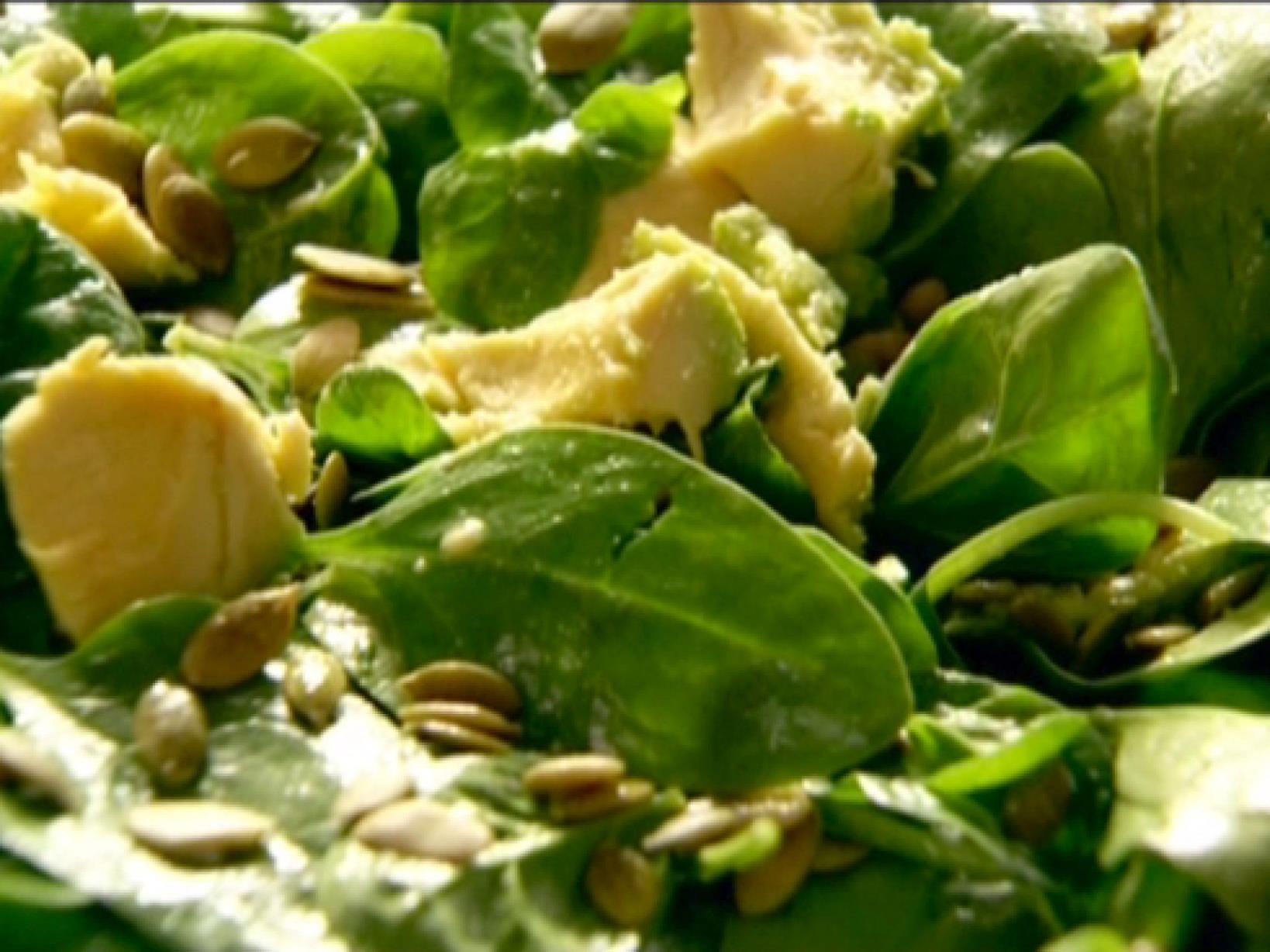Get charged UP with POTASSIUM! The most important ELECTROLYTE?
Nutrition, January 30, 2022
Electrolytes are not just for sports drinks, They are vital for energy production for EVERY cell in the body. Most people don't consume enough potassium to function optimally.
Electrolytes are electrically charged minerals. When put in water they separate and become conducive to electricity. Our body uses them to conduct nerve impulses, contract and relax muscles; they help maintain our bodies pH, and to help push through fluid in the body to maintain fluid balance. The four main electrolytes and recommended daily intake are listed below
Potassium K+ 4700mg/day
Sodium Na+ 1500-2300mg
Calcium C2 1000mg
Magnesium Mg 420mg
30% of all energy in our body comes from the sodium-potassium (Na-K) pump - this mechanism drives movement of electrolytes through every cell membrane. The purpose of the pump is to keep Na out and K in, and keeping these minerals separated. These two minerals are charged in a different way and separating them forms a cellular battery - the pump maintains cellular energy. Every cell in our body could be compared to a tiny battery.
Potassium keeps us energetic, improves our endurance, prevents cramping, arrhythmias, twitching, tremors, constipation, vascular calcification, insomnia, insulin resistance, helps with glycogen storage, gout, oedema, and high blood pressure.
Potassium citrate is alkaline so protects against uric acid and potassium helps protect the kidneys. It’s only toxic if you have stage 5 kidney disease. Eating a poor diet (not enough vegetables, fruit & too much refined, low nutrient carbs), increased stress, sugar, and alcohol, can all combine to create the problem of low potassium.
This is a statement from a study out of the journal Nutrients “New Zealand adults have high sodium intakes and low potassium intakes compared to recommended levels. This is likely to adversely affect population blood pressure levels as well as incidence of cardiovascular disease. A comprehensive public health programme to reduce dietary sodium intake and increase intake of fruit and vegetables is warranted.” ^
According to the the Global Burden of Disease study, the most comprehensive and systematic analysis for the causes of death ever taken, the number one risk factor for death in the world is high blood pressure (hypertension). It kills so many because in may contribute to deaths from a variety of causes including aneyrysms, heart attacks, heart failure, kidney failure, and stroke.
A banana has 300mg so would need over 12 a day to get the requirement. I'm a big promoter of leafy greens (7 cups will have daily requirement of potassium) , avocado (700mg per avo), nuts* and seeds. 100g of medjool dates has almost 700mg of K - 1 date has 24mg. 1 cup of cooked lentils (731mg), 1 cup of cooked black beans (611mg)
Focusing on increasing intake of potassium and magnesium may be a better way to improve societies cardiovascular health rather than just working on cutting down on salt. Our public health department needs to highly promote a healthy plant based whole food diet to not only get enough potassium but to improve wellbeing.
*Almonds (1/3 cup 350mg K, and 130mg Mg) Brazil (1/3 cup 290mg K, and 170mg Mg), walnuts, peanuts, sunflower and pumpkin seeds (1/4 cup 150mg K, and 40mg Mg)
^ Nutrients. 2015 Nov; 7(11): 8930–8938.
Published online 2015 Oct 28. doi: 10.3390/nu7115439
For Physiotherapy, Coaching, my Book, Training Plans, YouTube, FREE recipes, and more Articles
Connect below
https://linktr.ee/everfitcoach

.jpg?version=8)